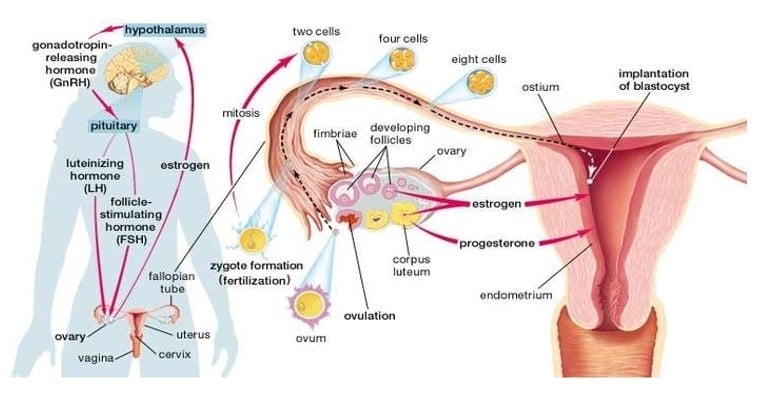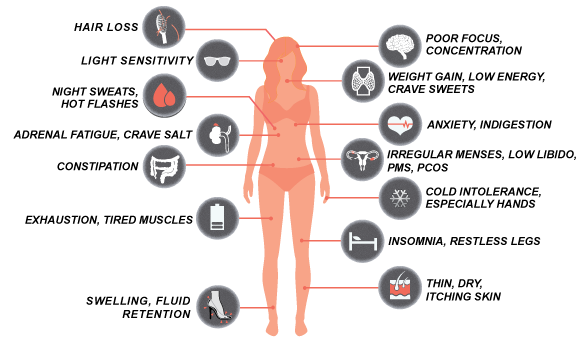
How to balance your female hormones
The intricate balance of hormones is a remarkable feat of nature, orchestrating a symphony of bodily functions. For women, hormone management is especially crucial, as these chemical messengers play a significant role in reproductive health, emotional well-being, and overall vitality. In this blog, we'll dive into the world of female hormones, exploring their functions, common challenges, and practical strategies so you will know how to balance your female hormones.
Understanding the Female Hormonal Landscape
Female hormones are like conductors in a grand orchestra, influencing various aspects of a woman's life, including:
Estrogen: This hormone is not just about the menstrual cycle; it influences everything from bone health to mood and cognitive function.
Progesterone: Progesterone, often dubbed the "feel-good hormone," is essential for a balanced mood and plays a vital role in pregnancy.
Testosterone: While typically associated with men, women also produce testosterone, which affects libido, muscle mass, and overall energy.
Thyroid Hormones: Thyroid hormones impact metabolism and energy levels.

Common Hormonal Challenges
Hormonal imbalances can manifest in various ways, causing a range of physical and emotional challenges, including:
Menstrual Irregularities: Irregular periods, heavy bleeding, or painful cramps can be signs of hormonal imbalances.
Mood Swings: Hormones can influence mood, leading to symptoms of anxiety, depression, or irritability.
Weight Fluctuations: Hormonal changes can affect metabolism and lead to weight gain or difficulty losing weight.
Fertility Issues: Imbalances in estrogen and progesterone can impact fertility and the ability to conceive.

Practical Strategies for Hormone Management
Nutrition: A balanced diet rich in whole foods, fiber, and essential nutrients can help support hormone balance. Omega-3 fatty acids, found in fatty fish and flaxseeds, may be particularly beneficial.
Stress Management: Chronic stress can disrupt hormonal balance. Incorporating relaxation techniques like meditation, yoga, or deep breathing can help.
Regular Exercise: Physical activity is a powerful tool for hormone management. Aim for a mix of cardio, strength training, and flexibility exercises.
Hormone Replacement Therapy: In some cases, healthcare providers may recommend hormone replacement therapy to address specific imbalances.
Consulting a Healthcare Professional: If you're struggling with hormonal issues, don't hesitate to seek advice from a healthcare provider. They can conduct tests and offer personalized guidance.

Conclusion
Female hormone management is a journey that requires attention, care, and understanding. By familiarizing yourself with the hormonal landscape, recognizing common challenges, and implementing practical strategies, you can take proactive steps toward better hormonal health. Remember that every woman's body is unique, and what works best for you may differ from others. Listen to your body, seek professional guidance when needed, and embark on a path to hormonal harmony, supporting not only your physical well-being but your emotional and mental health as well.

